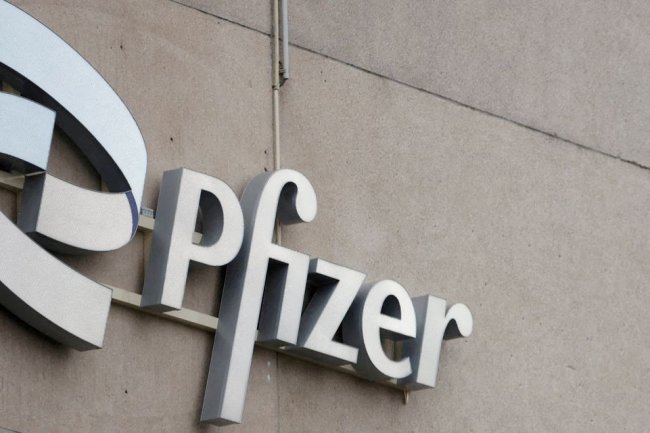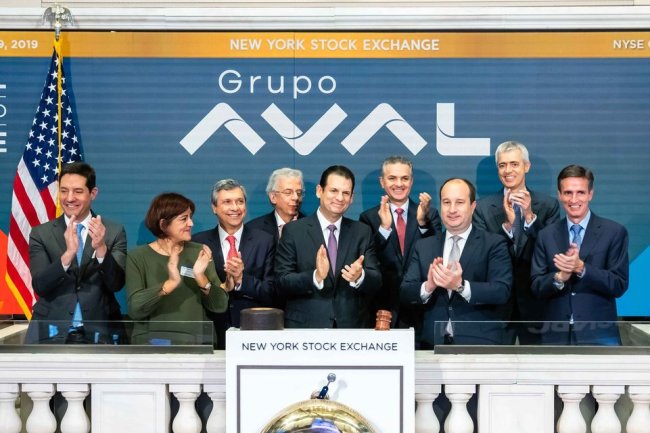Schools Sue Social-Media Platforms Over Alleged Harms to Students
Facebook, TikTok, Snapchat and YouTube seek to dismiss federal suits, citing internet liability shield By Sara Randazzo and Ryan Tracy July 23, 2023 9:00 am ET Students’ addiction to social media apps is costing school districts valuable time and resources, teachers and administrators say. Photo: Victor J. Blue/Bloomberg News Plaintiffs’ lawyers are pitching school boards throughout the country to file lawsuits against social-media companies on allegations that their apps cause classroom disciplinary problems and mental-health issues, diverting resources from education. Nearly 200 school districts so far have joined the litigation against the parent companies of Facebook, TikTok, Snapchat and YouTube. The suits have b


Students’ addiction to social media apps is costing school districts valuable time and resources, teachers and administrators say.
Photo: Victor J. Blue/Bloomberg News
Plaintiffs’ lawyers are pitching school boards throughout the country to file lawsuits against social-media companies on allegations that their apps cause classroom disciplinary problems and mental-health issues, diverting resources from education.
Nearly 200 school districts so far have joined the litigation against the parent companies of Facebook, TikTok, Snapchat and YouTube. The suits have been consolidated in the U.S. District Court in Oakland, Calif., along with hundreds of suits by families alleging harms to their children from social media.
The lawsuits face a test later this year when a judge is expected to consider a motion by the tech companies to dismiss the cases on grounds that the conduct allegedly causing the harm is protected under the internet liability shield known as Section 230.
School districts say teachers and administrators waste valuable time responding to cyberbullying and other disciplinary problems, adding new training and school policies around social-media use, and counseling youths whose addiction to online apps is leading to anxiety, depression or suicidal thoughts.
“Most of us would agree social media is out of control,” said Jill Adams, a board member in Washington state’s Tumwater School District, at a March board meeting. “I think it would behoove us to have some funds to help the kids.”
The board voted 3-2 to join the litigation, over the opposition of board members who said that the lawsuit deflected responsibility from parents and that the district was overstepping its role.
The litigation amounts to an end-run around the Section 230 law passed by Congress in 1996, which says that internet companies generally aren’t liable for third-party content on their sites. The measure has been credited with fueling the rise of giant social-media platforms such as Facebook and YouTube.
In the new lawsuits, school districts and families contend that the social-media companies have created an addictive product that pushes destructive content to youth—and that a product, unlike content, doesn’t enjoy Section 230 protections.

Google said protecting children on its platforms is core to its work.
Photo: Marlena Sloss/Bloomberg News
In their motion to dismiss the case, Facebook parent Meta Platforms, Snapchat owner Snap, Google parent Alphabet
and TikTok owner ByteDance say the harms alleged by the plaintiffs still are protected under Section 230.“The alleged defects are inescapably linked to the publication of third-party content,” the companies wrote in a joint brief last month. They say allowing such suits would open the floodgates to litigation, causing online services to avoid liability by restricting the flow of information.
The companies also deny that they are ignoring the dangers children face online.
“Protecting kids across our platforms has always been core to our work,” said a Google spokesman.
Snap vets all content before it can reach a large audience, and nothing is more important than the well being of its community, a spokesman said. A Meta spokeswoman said the company wants “to work with schools and academic experts to better understand these issues and how social media can provide teens with support when they need it.”
TikTok aims to “protect teens by offering age-appropriate experiences with robust safety policies and features, including screen-time limits, parental controls, and restrictions on messaging and live streaming,” a spokesman said.
With more than 13,000 school districts in the U.S., the number of plaintiffs is likely to keep growing. William Shinoff, a lawyer with California firm Frantz Law Group, said he has personally presented to more than 100 board meetings and that his firm has 500 school districts signed up to sue. “I’ll keep going until they say no,” Shinoff said.
His firm and others typically sign agreements giving the lawyers 25% of any recovery.

Juul was accused of marketing addictive products to teens.
Photo: John Marshall Mantel/Zuma Press
Many districts recently pursued a similar tactic in public nuisance lawsuits against Juul Labs and other vaping companies. Juul has agreed to pay $1.7 billion in a broad legal settlement covering more than 5,000 lawsuits, including those from school districts, after being accused of marketing addictive products to children and teens.
“I can’t change the law and we can’t send anybody to jail, but what we can do is sue them in massive litigation and try to make them pay a whole lot of money,” Missouri lawyer Jonathan Kieffer said during a presentation on the social-media cases to the Brevard Public Schools board in Florida in May. The board later voted unanimously to sue.
During his pitch, Kieffer reminded the school board that he helped them get settlements of $3.2 million in the e-cigarette cases.
Carl Persis, a school board member in Florida’s Volusia County, said the board decided to join the litigation because it saw an opportunity to fix social-media ills with little demanded of the district.
“It seemed like, well, let’s give it a try,” Persis said. “It wasn’t really a question of, ‘Oh gosh we could get so much money.’ ”
Some legal scholars question whether the school districts can prove that the apps are a public nuisance and that schools were directly harmed by social media. But along with the school districts, another 200 social-media users or their parents have similar suits against the tech companies pending in the same federal court.
SHARE YOUR THOUGHTS
Do you think social-media companies bear responsibility for harm to children? Join the conversation below.
The individuals’ cases seek to hold the companies liable for defective product design and negligence, and they could proceed even if the schools’ public nuisance claims are dismissed.
The individual plaintiffs include the parents of a teenage girl who started using Instagram at age 12 and suffered from severe anorexia as well as the mother of a 16-year-old boy who fatally shot himself with a revolver after posting “Russian roulette” videos on Snapchat.
Parents had success in one related case. In May 2021, the Ninth U.S. Circuit Court of Appeals said a lawsuit against Snap—brought by the parents of two boys who died in a car crash while traveling at more than 100 miles an hour—could proceed. The parents sued Snap for negligent product design because the boys were using a Snap add-on feature that allowed users to document how fast they were traveling while recording a video.
The Snap spokesman said that, unlike other platforms, the app’s primary function is as a communications tool among friends. The company later removed the speed feature.
—John D. McKinnon contributed to this article.
Write to Sara Randazzo at [email protected] and Ryan Tracy at [email protected]
What's Your Reaction?






















